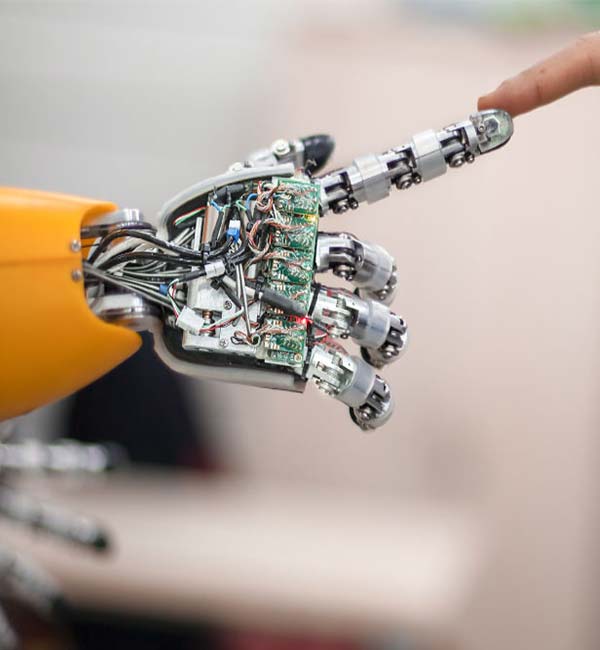While generative AI can have legitimate applications in research, HDR candidates should use it within the specified parameters below and avoid any breaches of research policies or academic integrity.
| HDR candidates should | HDR candidates should not |
|---|---|
|
|
HDR candidates should note:
- they will be asked about their use of Generative AI in their research at each progress milestone and will be required to confirm they have used Generative AI in ways that are consistent with ACU policies and guideline and have made due acknowledgement when used.
- for the purposes of thesis submission, a series of questions about use of Generative AI are included thesis submission form to preliminary pages will prompt students and supervisors to acknowledge any Generative AI use.






